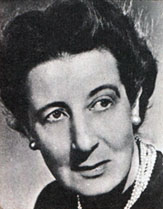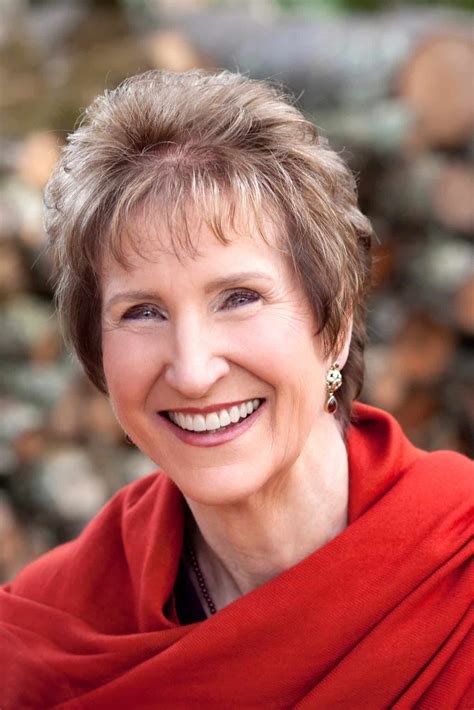A Quote by Plutarch
Rome was in the most dangerous inclination to change on account of the unequal distribution of wealth and property, those of highest rank and greatest spirit having impoverished themselves by shows, entertainments, ambition of offices, and sumptuous buildings, and the riches of the city having thus fallen into the hands of mean and low-born persons. So that there wanted but a slight impetus to set all in motion, it being in the power of every daring man to overturn a sickly commonwealth.
Quote Topics
Account
Ambition
Being
Born
Buildings
Change
City
Commonwealth
Dangerous
Daring
Distribution
Distribution Of Wealth
Every
Fallen
Greatest
Hands
Having
Highest
Impetus
Inclination
Low
Man
Mean
Most
Motion
Offices
Persons
Power
Property
Rank
Riches
Rome
Set
Shows
Slight
Spirit
Sumptuous
Themselves
Those
Thus
Unequal
Wanted
Wealth
Related Quotes
As to the Income Tax, my opinion is that the needful revenue would be fairly and most fairly raised if paid by property, and by individuals in proportion to their property. A Property Tax should be an assessment upon all land and buildings, and canals and railroads, but not on property such as machinery, stock in trade, etc. The aristocracy have squeezed all they can out of the mass of the consumers, and now they lay their daring hands on those not wholly impoverished.
The distribution of wealth is even more unequal than that of income. ...The wealthiest 5% of American households held 54% of all wealth reported in the 1989 survey. Their share rose to 61% in 2010 and reached 63% in 2013. By contrast, the rest of those in the top half of the wealth distribution ?families that in 2013 had a net worth between $81,000 and $1.9 million ?held 43% of wealth in 1989 and only 36% in 2013.
Wealth brings with it its own checks and balances. The basis of political economy is noninterference. The only safe rule is found in the self-adjusting meter of demand and supply. Open the doors of opportunity to talent and virtue and they will do themselves justice, and property will not be in bad hands. In a free and just commonwealth, property rushes from the idle and imbecile to the industrious, brave and persevering.
[T]he most common and durable source of factions has been the various and unequal distribution of property. Those who hold and those who are without property have ever formed distinct interests in society. Those who are creditors, and those who are debtors, fall under a like discrimination. A landed interest, a manufacturing interest, a mercantile interest, a moneyed interest, with many lesser interests, grow up of necessity in civilized nations, and divide them into different classes, actuated by different sentiments and views.
Rome tolerated every abominable practice, embraced every foul idea in the name of freedom and the rights of the common man. Citizens no longer carried on deviant behavior in private, but pridefully displayed it in public. It was those with moral values who could no longer freely walk in a public park without having to witness a revolting display. What happened to the public censors who protected the majority of citizenry from moral decadence? Did freedom have to mean abolishing common decency? Did freedom mean anyone could do anything they wanted anytime they wanted, without consequences?
If you look at capitalism and patriarchy, they're both such hierarchical, competitive, oneupmanship systems. They've trained us all [to think] that power means having all the goods or having the most money or having the most attention or having the most fame. That's not the power that interests me. Actually, the deconstruction of that power is what interests me.






































